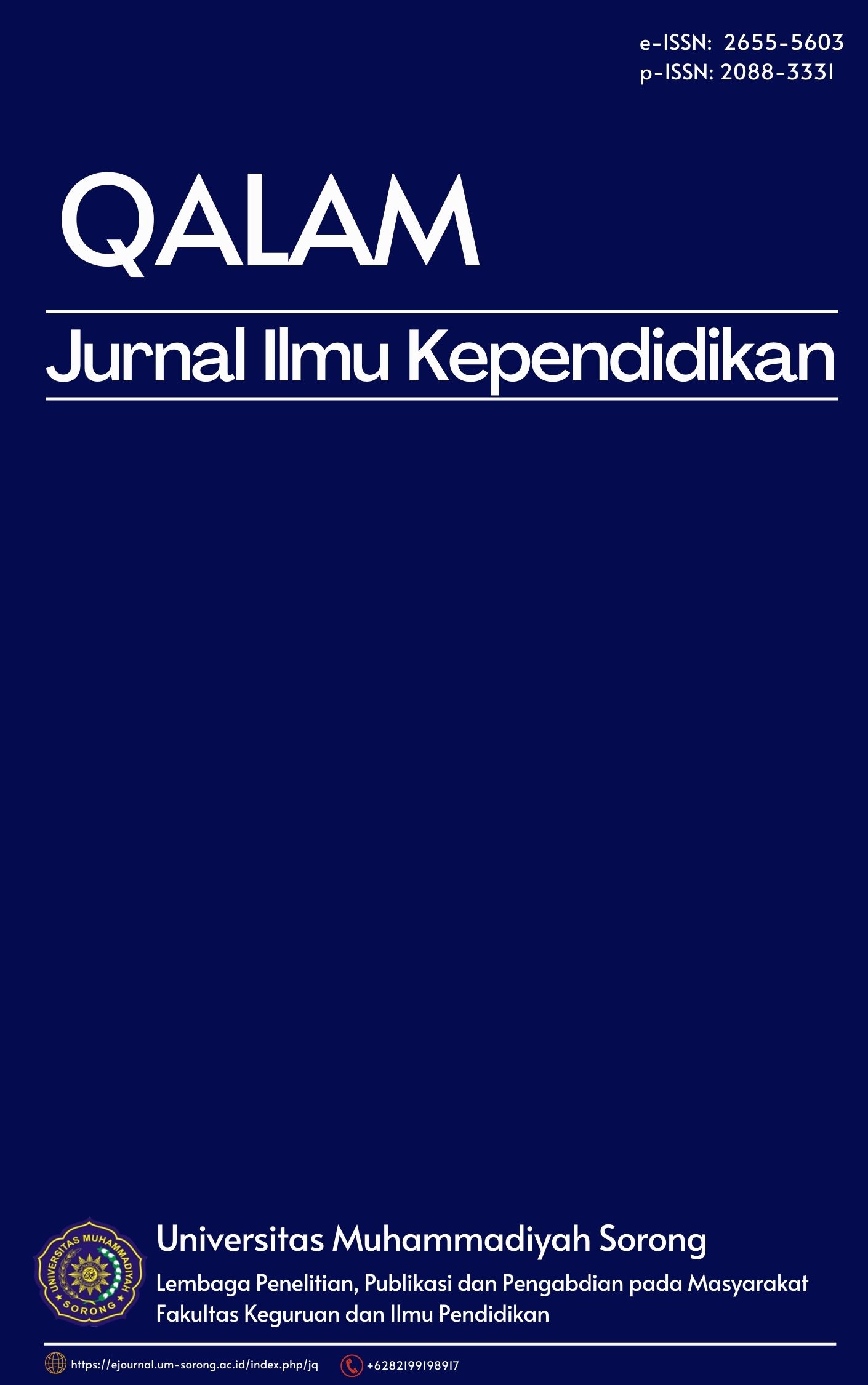DEVELOPING STUDENTS’ VOCABULARY MASTERY THROUGH VIDEO GAME
DOI:
https://doi.org/10.33506/jq.v6i1.251Keywords:
video games, vocabulary masteryAbstract
Â
The objective of this study was trying to analyze the impact of using video game in developing student’s vocabulary mastery. The method of this study was quantitative. The design of the research was based on the experimental study. Pre-test and post-test was given to 37 students of class H fifth semester of Sorong Muhammadiyah University. Score of the test was divided into five categories, they were very good, good, fairly, poor and very poor. The mean score of pre-test was 6, 51 in fairly category and the mean score of post-test was 8, 5 in very good category. It showed that the mean score of test after given the treatment was higher than test before given the treatment. The result of the t-test showed that played video games gave a significant effect on the students’ vocabulary mastery. The result of t-test was higher than t table (8, 96 > 1.68830).
References
Arikunto, S. (1984). Dasar-Dasar Evaluasi Pendidikan Bina Aksara. Jakarta.
_________(1996). Prosedur Penelitian Suatu Pendekatan Praktek. Jakarta: Rineka Cipta.
Denis, G. (2005). Motivation-driven educational game design: applying best practices to music education. Paper presented at the 2005 ACM SIGCHI International Conference on Advances in computer entertainment technology, Valencia, Spain.
Dickey, M. D. (2006). "Ninja Looting" for instructional design: The design challenges of creating a game-based learning environment. Paper presented at the ACM SIGGRAPH 2006 conference, Boston.
Gee, J. P. (2005). Learning by design: Good video games as learning machines. E-learning and Digital Media, 2(1), 5-16.
Gros, B. (2007). Digital games in education: The design of games-based learning environments. Journal of research on technology in education, 40(1), 23-38.
Hornby A S. (1984). Oxford Advanced Learner’s Dictionary, Fifth Edition (1331)
__________ (1995). Oxford Advance Learner’s Dictionary of Current English. London: Oxford University Press.
Jenkins, H et al. (2003). Entering the education arcade. Computers in Entertainment, 1(1), 17.
Johnson, W. L., Vilhjálmsson, H. H., & Marsella, S. (2005, May). Serious games for language learning: How much game, how much AI?. In AIED (Vol. 125, pp. 306-313).
Lee, J. et al. (2004). More than just fun and games: Assessing the value of educational video games in the classroom. Paper presented at the CHI '04 Extended Abstracts on Human Factors in Computing Systems, Vienna, Austria.
Napa, P. A. (1991). Vocabulary Development Skills. First Edition, Kanisius. Yoyakarta.
Nation Paul, (1994) New Ways of Teaching Vocabulary (USA: Teacher of English to Speaker of another Language/TESOL Inc)
Prensky Marc. (2006). Don't bother me mom--I'm learning. St. Paul, MN: Paragon House.
Sutomo. (1985). Tekhnik Penelitian dan Pendidikan. Bina Ilmu. Surabaya.
Syamsuddin AR et al. (2006). Metode Penelitian Pendidikan Bahasa. Bandung
Waraich, A. (2004). Using narrative as a motivating device to teach binary arithmetic and logic gates. Paper presented at the 9th annual SIGCSE Conference on Innovation and Technology in Computer Science Education, Leeds, United Kingdom.
Downloads
Published
How to Cite
Issue
Section
License
The article copyright is owned by the author and Qalam: Jurnal Ilmu Kependidikan

This work is licensed under a Creative Commons Attribution-ShareAlike 4.0 International License.




